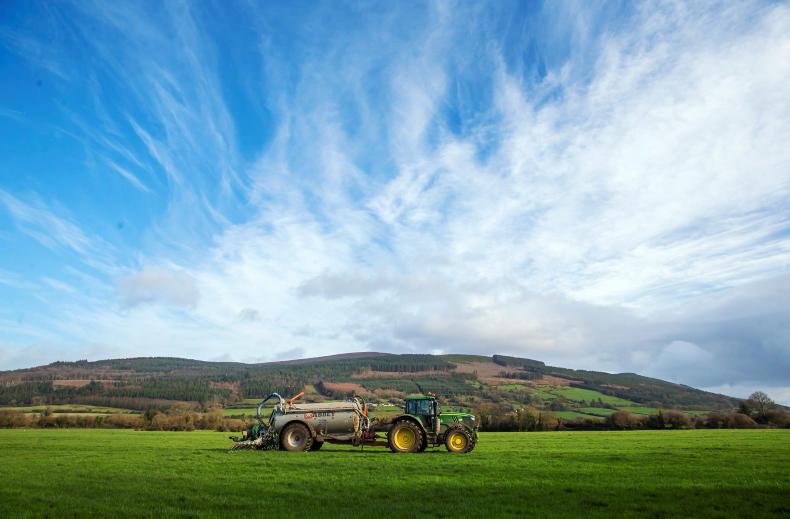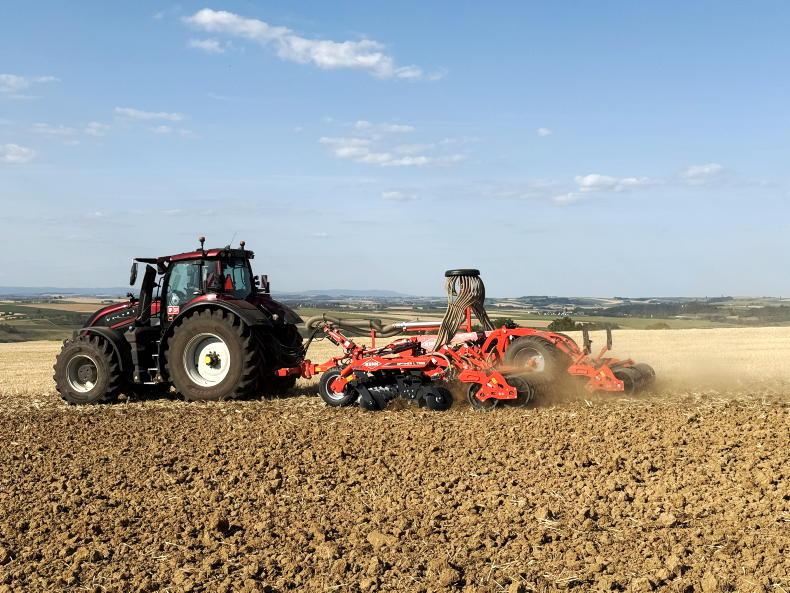Proposed specification changes could increase the cost of slurry tankers by €10,000, according to Association of Farm & Forestry Contractors in Ireland (FCI) chair Richard White.
It has been reported that CEMA, the European Agricultural Machinery Association, wants slurry tankers to be re-classified as trailers under new machinery Type Approval proposals for all EU countries at the November 2018 and March 2019 meetings of European Commission Working Group on Agricultural Tractors. This emerged at a meeting of CEETTAR, the European Organisation of Agricultural and Rural Contractors, in Brussels last week.
Currently, slurry tankers are classified as Category S for Type Approval while the CEMA proposal is to change that to Category R, which relates to an agricultural trailer.
“For contractors, this would mean that the axle weight rules and the machine width rules would change, adding significant costs to the typical Irish slurry tanker used by most contractors,” White said.
FCI has been in contact with industry sources here in Ireland, who are also not in favour of the changes.
The most popular slurry tanker in Ireland is a single-axle unit with a 2,600 gallon capacity.
This could mean that if slurry tankers were to be moved from Category S to R, they would in effect become trailers.
Maximum width
This would restrict their maximum width on the road to 2.75m and would limit the axle loading to 10t.
Under the current situation, the slurry tanker is Category S, which means it is considered to be an interchangeable towed machine, with a 3m maximum width. Axle loading regulations that apply to trailers do not apply to them.
White explained that FCI has been in contact with CEETTAR to resist the introduction of any changes to the Type Approval regulations as they apply to slurry tankers.
He added that a specification change could result in an increase of the order of €10,000 in the cost of these popular size slurry tankers which would have to be fitted with tandem axles and smaller wheels, both of which are not suitable for Irish field conditions.










SHARING OPTIONS